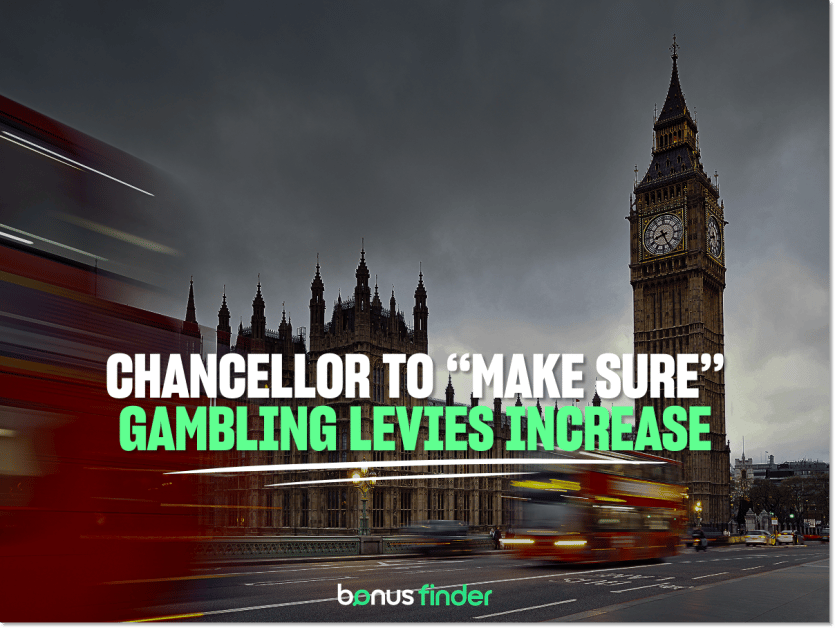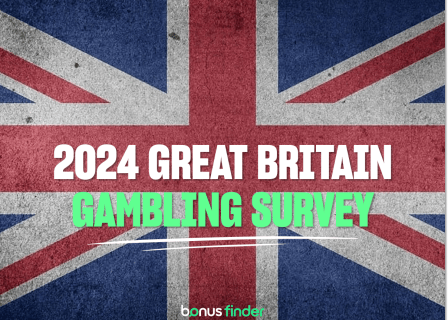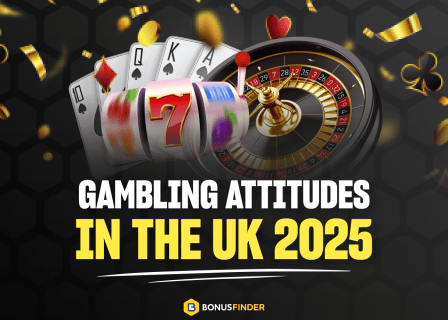The Chancellor of the Exchequer, Rachel Reeves, has suggested implementing increased tax rates for UK gambling operators. This tax will have an affect on both land-based and online casinos and bookies.
Speaking after her speech at the Labour Annual Conference, Reeves outlined to ITV that there is tangible potential for heightened tax commitments among domestic retail and online gambling platform holders:
“I do think there’s a case for gambling firms paying more. They make an important contribution to the economy but they should pay their fair share of taxes and we’ll make sure that that happens.”
Although a specific figure has not yet been mooted by the sitting Chancellor, Reeves remains steadfast in her bid to “make sure” gambling operators are targeted by elevated governmental levies.
Moreover, Reeves’ reasoning for tax escalation indicates that there exists a belief that gambling operators do not yield adequate earnings to the state.
This newfound strategy to raise monetary obligations for gambling firms comes as the Labour Government faces significant pressure to address societal issues, such as lifting existing child benefit caps and cutting borrowing.
In August, the Institute for Public Policy Research (IPPR) found that applying revised tax rates to gambling operators could accumulate £3.2bn in additional funding – a figure that would allow the government to relinquish the existing ceiling on child benefits. As things stand, families are only entitled to government-funded subsidies for their first two children.
Could gambling companies’ tax rates increase by over 100%?
The IPPR-led study recommended major tax reconfigurations to meet the £3.2bn target that would end child benefit restrictions.
Specifically, the organisation advocated for a 50% levy on online casinos; the current rate sits at 21%. For slots and other gaming terminals, it is believed that modifying the current 20% rate to a revised 50% duty would suffice.
The firm also studied sports betting, and proposed expanding the active 15% charge to 25% – a move that would place non-racing sports in the same current tax threshold as horse racing (which is hit by two separate rates: 10% and 15%).
It is believed that these increases may allow the government to end child benefit limits enacted by previous parties and guide an estimated 1.6 million children away from poverty.
However, the aforementioned IPPR recommendations are just that: calculated suggestions based on research.
Overhauling tax rates in the gambling sector has long stood at the heart of the Labour Government’s scheme. In April, the administration presented a plan to replace the current three-pronged tax system with a unified levy for all remote wagering operators.
That plot was shot down by over 100 Labour MPs – who each signed a letter proposing “targeted” fees. As such, the IPPR’s idea for multiple new charges better aligns with the desires of party representatives.
Gambling tax overhaul: Industry leader strikes back
Following Reeves’ statement on tax hikes for gambling operators, the Betting and Gaming Council (BGC) denounced her suggestions as short-sighted and expressed concerns about eroding the holistic industry:
“BGC members already contribute £6.8bn to the economy, pay £4bn in taxes and support 109,000 jobs. Piling further tax rises onto the sector, on top of reforms that have already cost over £1bn, risks undermining a responsible industry.”
Further, BGC CEO Grainne Hurst highlighted that degradation of the industry could force players into the unregulated black market, though she sympathises with Rachel Reeves’ efforts to relieve financial pressure on families and deliver “on the promises that brought her to government“.
But, said Hurst, “delivering on those promises can’t come at the expense of attacking punters.”
Hurst continued to reaffirm the value of gambling in UK culture: “Betting and gaming isn’t a pastime enjoyed by the select few, it’s the nation’s hobby. And it’s that passion for a flutter that has created one of this country’s few, genuine global business success stories.”
Damningly, Hurst alluded to the government not only being blindsided by a growing illegal gambling market, but potentially supporting its expansion: “Each year 1.5 million Brits stake up to £4.3bn on the growing unsafe gambling black market.
“This black market doesn’t care about player protections, doesn’t back sports and doesn’t pay a penny in tax. And it’s growing daily. The last thing it needs is another leg up in the form of a new tax hike.”
Most pertinent is the example of the Netherlands, which, as explained in Hurst’s statement, saw a noteworthy revenue drop in the wake of heightened tax rates: “We only need to look to the Netherlands to see this playing out right now.
“They lumped up tax on online gaming to 34.2% in January; it directly led to a 25% decrease in gross gambling revenue and a tax shortfall of €200m.”
Gambling Minister underlines value of a balanced approach
Gambling Minister Baroness Fiona Twycross spoke of balancing fair tax rules and the dangers of players entering the black market during a Social Market Foundation (SMF) event held on the same day as Reeves’ conversation with ITV:
“I know many of you in the room will disagree with the sector when they talk about the risk of the black market but actually these are real risks that we have to take in the round.
“We have to look at what the implications are of raising taxes, and what level of taxes is a safe level to raise them to, where you won’t push consumers into the black market.”
Crucially, Baroness Twycross also touched on the importance of maintaining industry employment – and discussed how bet365 has created vital job opportunities in Stoke-on-Trent:
“I appreciate that there is a relatively low number of jobs in online betting companies but they are concentrated in regional areas.
“The impact on the community of Stoke, for example, where bet365 is based; we also have to take into account what the impact on a community like that would be if you drove those jobs out through higher taxation.”
Whether Reeves’ potential tax hikes are realised will become clear on 26 November, as the UK Government finalises its Autumn budget.










